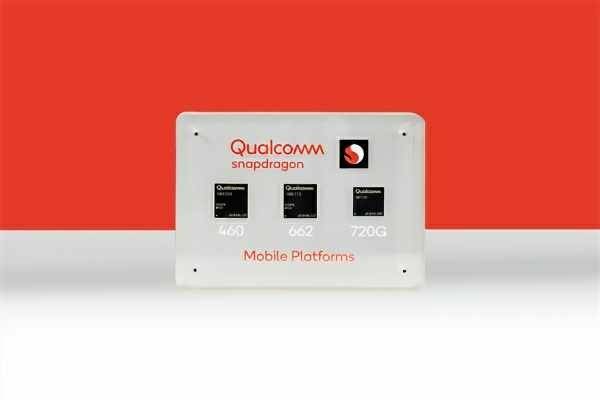
Fedora project announced the official release of Fedora 30, the release cycle will merge cloud and server variants into the Fedora Server version, and Fedora Atomic Host has become Fedora CoreOS. The latest open source software, including GNOME 3.32, continues to be available for the Fedora Workstation version of the desktop.
With GNOME 3.32, users should be aware of updated buttons and switches that are easier to identify, refresh the application’s icons, and have faster performance due to the fix and enhancement of the core GNOME library. Fedora 30 early adopters will also be able to use the latest software, including GCC 9, Bash 5.0, PHP 7.3, Ruby 2.6 and Linux 5.0 kernels.

Although Fedora uses the GNOME desktop environment by default, you can use other desktop environments as well. With Fedora 30, you can use two new spins, Deepin spin and Pantheon spin.
The latest news about the Workstation version is the availability of Fedora Silverblue. This requires the Workstation release and confusion using rpm-ostree in Fedora Atomic Host. Thanks to its immutable foundation, this allows you to make a “worry-free” upgrade by exiting. The Flatpaks and RPM packages can be installed on top of this, giving you all the features of a more groundbreaking base operating system.
For users planning to download Fedora Server, be sure to research the newly added Linux System Roles. According to the project’s website, Linux System Roles are:
“… Ansible performs a series of roles and modules to assist Linux administrators in configuring common GNU/Linux subsystems. Conceptually, the intent is to give Linux distributions as a consistent API, This version is consistent across multiple major and minor versions.”
Fedora 30 has not yet set a lifetime end date, but it takes about a year from now, depending on the delay time of subsequent versions. Fedora 30 will reach end of life after a month of release of Fedora 32, and the release will be approximately six months apart.
You can immediately download a new ISO image from GetFedora.org or upgrade from an existing Fedora 29.






